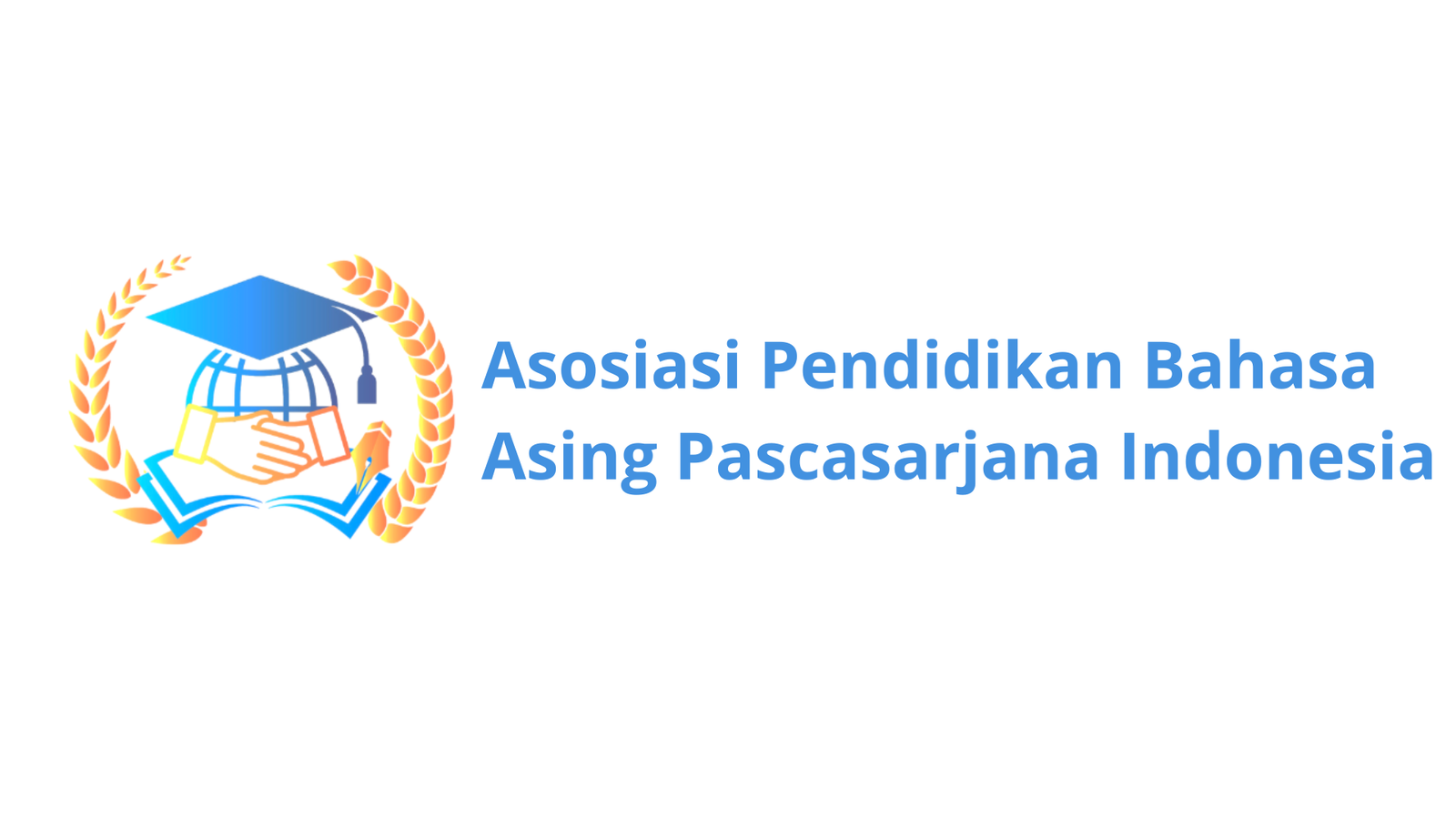Focus and Scope
The Art of Teaching English as a Foreign Language (TATEFL) is dedicated to advancing the field of English Language Teaching (ELT) by providing a platform for the dissemination of high-quality research, innovative practices, and insightful theoretical discussions. Our journal seeks to bridge the gap between theory and practice, offering valuable resources for educators, researchers, and policymakers involved in the teaching and learning of English as a second or foreign language, with a particular emphasis on English for Specific Purposes (ESP).
Focus Areas:
- Pedagogical Innovations: Exploration of new teaching methodologies, instructional strategies, and classroom practices that enhance language acquisition and learner engagement.
- Curriculum Development: Studies and reports on curriculum design, implementation, and evaluation in diverse educational contexts, including ESP curricula tailored to specific fields such as business, medicine, engineering, and academia.
- Assessment and Evaluation: Research on language assessment tools, techniques, and their impact on teaching and learning outcomes, particularly in ESP contexts.
- Technology in ELT: Examination of the role of digital tools, online platforms, and multimedia resources in facilitating language learning, with a focus on their application in ESP.
- Teacher Education and Professional Development: Insights into teacher training programs, professional growth opportunities, and the development of teaching competencies, especially in ESP instruction.
- Cultural and Linguistic Diversity: Discussions on the challenges and opportunities presented by multicultural and multilingual classrooms, particularly in ESP settings.
- Second Language Acquisition (SLA): Theoretical and empirical studies on the processes and factors influencing the acquisition of English as a second language, with attention to the unique needs of ESP learners.
- English for Specific Purposes (ESP): Research and discussions focused on the design, implementation, and evaluation of ESP programs, including needs analysis, materials development, and the integration of content and language learning.
Scope:
The journal welcomes contributions in the form of:
- Research Articles: Empirical studies that provide new insights into ELT practices and theories, including those specific to ESP.
- Review Articles: Comprehensive reviews of current literature that synthesize existing knowledge and identify future research directions in both general ELT and ESP.
- Case Studies: In-depth analyses of specific teaching contexts or interventions that offer practical implications for educators, particularly in ESP.
- Practical Reports: Descriptions of innovative teaching practices or programs with evidence of effectiveness, especially in ESP contexts.
- Theoretical Papers: Discussions that advance theoretical frameworks or propose new models in the field of ELT and ESP.
Audience:
Our readership includes:
- ELT practitioners and educators seeking to enhance their teaching practices, particularly in ESP.
- Researchers and scholars interested in the latest developments in language teaching and learning, including ESP.
- Policymakers and educational leaders involved in curriculum and policy design for both general and specific language education.
- Graduate students and academics pursuing studies in applied linguistics, language education, and ESP.













